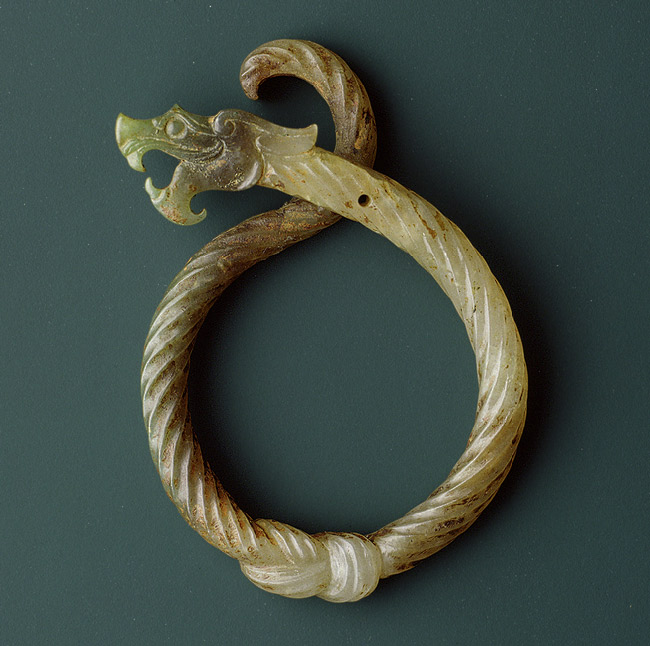
"Taijiquan" is probably one of the hardest to explain by itself - you could start by trying to read the wikipedia article for "taiji" (http://en.wikipedia.org/wiki/Taiji)...

edededed wrote:"Taijiquan" is probably one of the hardest to explain by itself - you could start by trying to read the wikipedia article for "taiji" (http://en.wikipedia.org/wiki/Taiji)...
American Heritage Dictionary - Cite This Source - Share This
tai chi or Tai Chi Audio Help (tī' chē', jē') Pronunciation Key
n. A Chinese system of physical exercises designed especially for self-defense and meditation.

Elliot wrote:Omar,
Once again, I've never complained about anyone using Chinese names for Chinese styles. I simply asked why some names could be translated into English while others could not. Does everyone here hate English speakers?
Elliot wrote:...
Once again, I've never complained about anyone using Chinese names for Chinese styles. I simply asked why some names could be translated into English while others could not. Does everyone here hate English speakers?...

Basically, and this is where it's going to be hard to not be at least a little bit condescending in my answer, we use those terms because the primary masters of the relevant arts spoke those languages and it became a habit. The condescending part is when you think about why and when a ballet teacher or a music teacher knows it is more appropriate to use the English terms and avoid the fancy foreign words. The answer is: When they are teaching children or other people with poor language skills.
Bao wrote:edededed wrote:"Taijiquan" is probably one of the hardest to explain by itself - you could start by trying to read the wikipedia article for "taiji" (http://en.wikipedia.org/wiki/Taiji)...
Eh, don't you know that wikipedia is not a particularly reliable resource?
Anyway the "article" contains many faults. The explanation of the term is wrong and the term "taiji" is not in the Yijing or any of the old taoist texts. The term was invented by Zhou Dunyi in the beginning of the 1100th century. He used this term to explain concepts or relationships for his comments on the Yijing. But there is no taiji in the original Yijing text. The term is not even a taoist term, but comes from a mix of taoist cosmology and a view on the world which was basically confucian. Therefore, Zhou Yi is considered a fore-runner (together with to other numerologists or cosmologists from the same time) to the Song-xue or Neo-confucinism which resurrected Confucianism as the official state philosophy.
Taiji is not an equal to the Dao or Taiyi as stated. It should more be compared with the "De" - which is the generative force, or power of the dao.
Wuyizidi wrote:
For example, Taiji. Taiji the philosophical concept means:
- A single entity containing both yin and yang
- that yin and yang are in constant flux,
- but the tendency is toward balance
- within yin there is a little bit yang
- within yang there is a little bit yin
- the fluctuation of yin and yang occurs in a specific manner called zhuan huan - the pace of change is even, smooth, even when the change is happening very fast, as opposed to cha yi - the change takes place instantly, in a binary manner, like when you press the light switch, it's jumps directly between on and off)
I don't think my English is good enough. It would take a long time and become a very long and boring article. But I have thought about it.(You can always edit the article yourself, too.)
Return to Xingyiquan - Baguazhang - Taijiquan
Users browsing this forum: No registered users and 67 guests